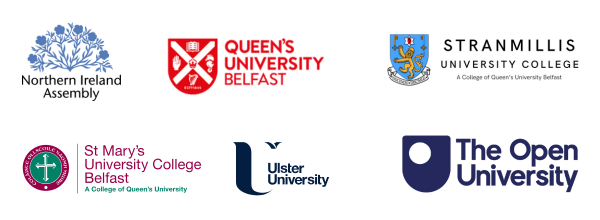Dr Mark McGovern (QUB), Dr Giampiero Marra (University College London), Dr Rosalba Radice (University of London) and Dr Slawa Rokicki (University College Dublin) –
Not only are rates of breastfeeding low in Northern Ireland compared to the rest of the UK, but there are substantial inequalities with mothers living in the least deprived wards twice as likely to breastfeed as those living in the most deprived wards. Previous evidence demonstrates that children who are breastfed are healthier and have better educational outcomes, however it is important to assess whether these benefits persist into adulthood. This presentation demonstrates the impact of being breastfed as a child on adult economic and cognitive outcomes. Using data from the National Child Development Study (NCDS), a nationally representative sample of British infants born in one week in 1958, it shows that cohort members who were breastfed for a month or more (compared to not being breastfed) score substantially higher on memory tests at age 50, and their household income is 8 percentage points higher: therefore, differential rates of breastfeeding by parental socioeconomic status perpetuates intergenerational transmission of disadvantage. The presentation discusses how increasing rates of breastfeeding in Northern Ireland provides a low-cost means of investing in the futures of mothers and children and improving inequalities, and illustrates why breastfeeding promotion strategies are likely to have substantial economic benefits in the long-run.
This seminar took place on 21 March 2018
Download:
Policy Briefing
Presentation



